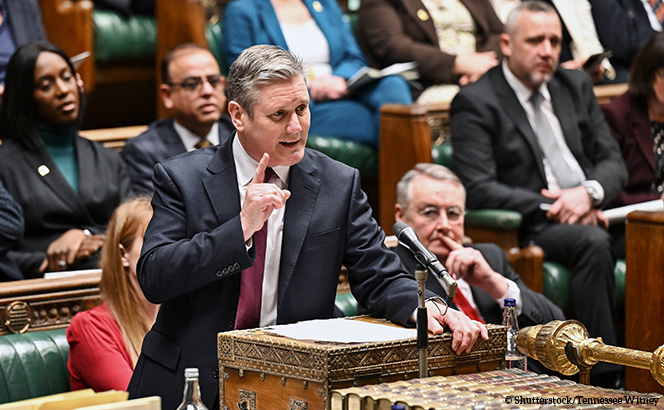
On the eve of a general election that looks set to promise a wipeout for the Conservative Party and the first Labour government in 14 years, LB checked in with a range of City partners across a variety of practice area to gauge the temperature of the UK legal industry, find out what they think will change, what won’t, and what to watch out for.










